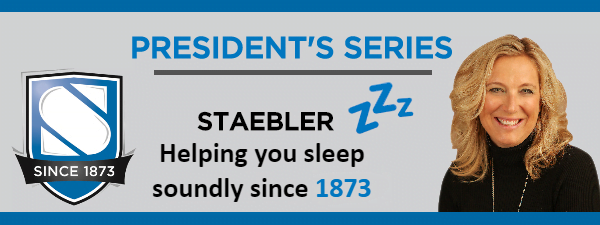This is part two in a four-part Sleep Series | Part I: The Land of Nod…Why should we go?
We humans react to light exposure.
This ancient regulatory system controls our sleep/wake cycle by means of naturally occurring hormones called Melatonin. Melatonin causes us to feel sleepy and its production increases in the dark.
Most of us don’t get enough light in the day, and get too much light at night and that disrupts our sleep and may leave us feeling SAD (seasonal affective disorder).
Here are a few ideas of how we can control our light exposure to score a great night of sleep:
- Sitting by the window with your morning coffee
- Take your breaks outside and take off your sunglasses for a blast of light!
- Open blinds and curtains
- During the day sit by a light therapy box (mimics natural light)
- Dim the lights in the late evening to prepare for bed
- Turn off the TV and the computer, and rely on low lamp light for calm activities like readingInsurance Broker Alert: Candles are perfect for low light but be sure to fully snuff them out before bed. They are a fire risk.
- Take a Melatonin supplement
- All lights off and all screens off
- Leave your cell phone in another room
- Minimize the use of night lights
- Wear an eye mask
Good night and sleep tight from Staebler Insurance.





0 Comments